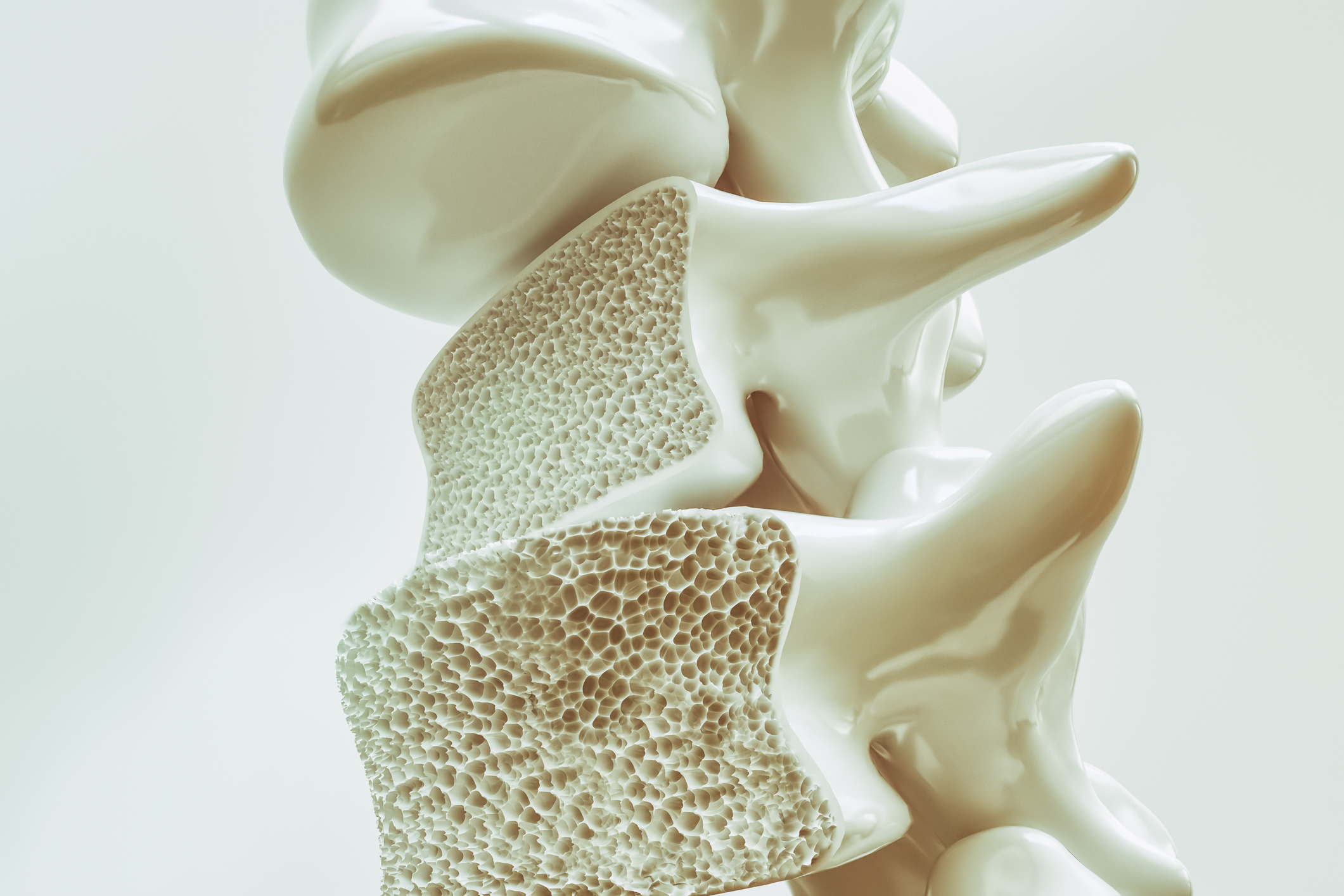
 The Bone Density Solution The Bone Density Solution By Shelly Manning As stated earlier, it is an eBook that discusses natural ways to help your osteoporosis. Once you develop this problem, you might find it difficult to lead a normal life due to the inflammation and pain in your body.
The Bone Density Solution The Bone Density Solution By Shelly Manning As stated earlier, it is an eBook that discusses natural ways to help your osteoporosis. Once you develop this problem, you might find it difficult to lead a normal life due to the inflammation and pain in your body.
Best foods for osteoporosis
Osteoporosis is a condition characterized by weakened bones that are more susceptible to fractures and breaks. While there is no single “best” food for osteoporosis, a well-balanced diet rich in nutrients that support bone health can be beneficial. Here are some nutrients and food sources that are important for maintaining strong and healthy bones:
-
Calcium: Calcium is a crucial mineral for bone health. Good sources include dairy products (milk, yogurt, cheese), leafy green vegetables (kale, broccoli), fortified plant-based milk (almond milk, soy milk), and fish with edible bones (such as canned salmon or sardines).
-
Vitamin D: Vitamin D is essential for the absorption of calcium. Natural sources include fatty fish (salmon, mackerel), egg yolks, and fortified foods (fortified milk, orange juice, cereals). Additionally, exposure to sunlight helps the body produce vitamin D.
-
Magnesium: Magnesium plays a role in bone formation and supports bone density. Nuts (almonds, cashews), seeds (pumpkin seeds, sunflower seeds), whole grains, and leafy green vegetables are good sources of magnesium.
-
Vitamin K: Vitamin K is involved in bone metabolism and helps in the synthesis of bone proteins. Green leafy vegetables (kale, spinach, broccoli), Brussels sprouts, and other cruciferous vegetables are good sources of vitamin K.
-
Protein: Adequate protein intake is essential for maintaining bone health. Good sources of protein include lean meats, poultry, fish, dairy products, legumes, and tofu.
-
Phosphorus: Phosphorus is another mineral important for bone health. It is found in dairy products, meat, fish, poultry, nuts, and seeds.
-
Collagen: Collagen is a protein that provides structure to bones. Bone broth, chicken skin, fish skin, and collagen supplements can contribute to collagen intake.
-
Omega-3 Fatty Acids: Found in fatty fish (salmon, mackerel, sardines), flaxseeds, chia seeds, and walnuts, omega-3 fatty acids may help reduce bone loss.
 The Bone Density Solution The Bone Density Solution By Shelly Manning As stated earlier, it is an eBook that discusses natural ways to help your osteoporosis. Once you develop this problem, you might find it difficult to lead a normal life due to the inflammation and pain in your body.
The Bone Density Solution The Bone Density Solution By Shelly Manning As stated earlier, it is an eBook that discusses natural ways to help your osteoporosis. Once you develop this problem, you might find it difficult to lead a normal life due to the inflammation and pain in your body.
foods to avoid with osteoporosis
-
High-Sodium Foods: Excessive sodium intake can lead to increased calcium excretion through urine, potentially weakening bones. Processed foods, canned soups, salty snacks, and certain restaurant/fast food items often contain high levels of sodium.
-
Caffeine: While moderate caffeine consumption is generally considered safe, excessive intake may interfere with calcium absorption. It’s recommended to limit caffeine from sources like coffee, tea, and caffeinated beverages, especially if calcium intake is insufficient.
-
Soft Drinks: Colas and other carbonated beverages may be linked to lower bone density, possibly due to their phosphoric acid content. The phosphoric acid can lead to increased calcium excretion.
-
Alcohol: Heavy alcohol consumption can interfere with the body’s ability to absorb calcium, and it may also increase the risk of falls, leading to fractures. Moderate alcohol consumption is generally considered acceptable, but excessive intake should be avoided.
-
High-Phosphorus Foods: While phosphorus is essential for bone health, an imbalance with calcium may be detrimental. Foods high in phosphorus include processed foods, carbonated beverages, and certain types of meats. Balancing phosphorus intake with adequate calcium is important.
-
Excessive Vitamin A: While vitamin A is important for various bodily functions, excessive intake from supplements (not from food sources like vegetables) may be associated with bone loss. It’s best to get vitamin A from a well-balanced diet.
-
Low-Calorie or Restrictive Diets: Severely restricting calorie intake or following extremely low-fat diets may result in inadequate nutrient intake, including those essential for bone health. Ensure a well-balanced diet with sufficient calories and nutrients.
-
Smoking: Smoking is associated with lower bone density and an increased risk of fractures. If you smoke, quitting is beneficial for overall health, including bone health.
It’s important to note that maintaining a healthy lifestyle, including regular weight-bearing exercise, avoiding excessive alcohol consumption, and not smoking, also contributes to overall bone health. Before making significant changes to your diet or lifestyle, it’s advisable to consult with a healthcare professional, especially if you have specific health concerns or conditions like osteoporosis.
 The Bone Density Solution The Bone Density Solution By Shelly Manning As stated earlier, it is an eBook that discusses natural ways to help your osteoporosis. Once you develop this problem, you might find it difficult to lead a normal life due to the inflammation and pain in your body.
The Bone Density Solution The Bone Density Solution By Shelly Manning As stated earlier, it is an eBook that discusses natural ways to help your osteoporosis. Once you develop this problem, you might find it difficult to lead a normal life due to the inflammation and pain in your body.